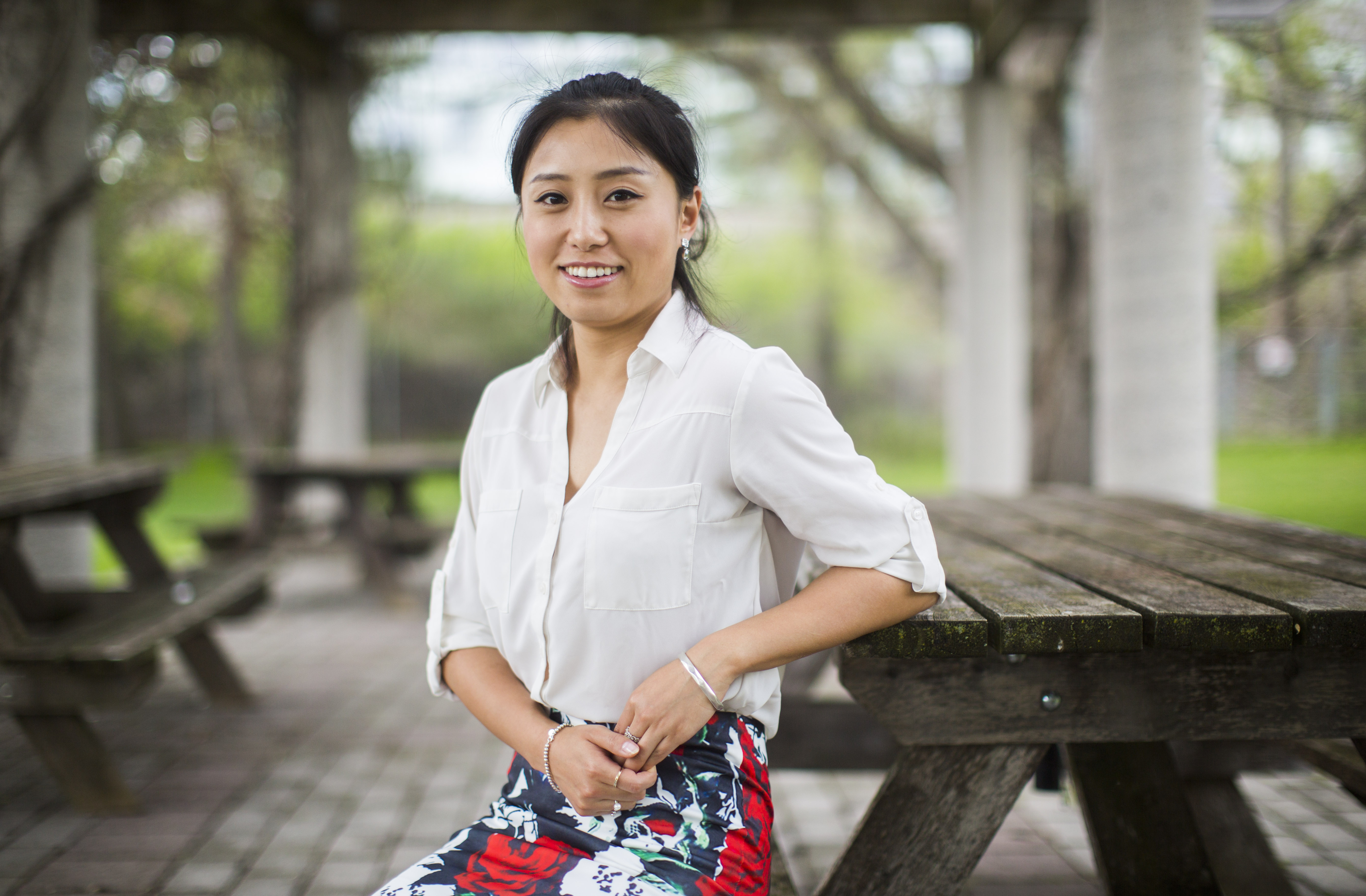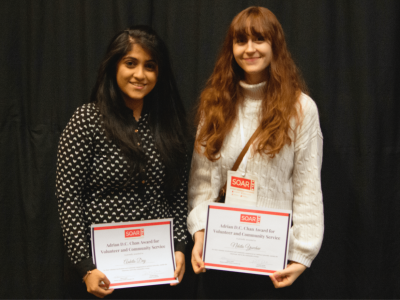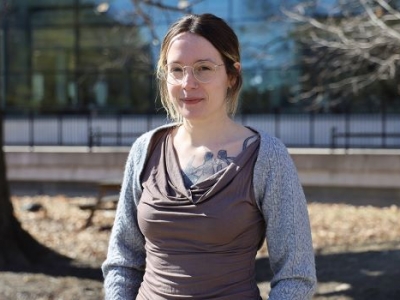The following article, written by Kirsten Fenn, originally appeared in the June/16 issue of Carleton Now.

Growing up in the ancient fortified city of Xi’an in central China, all Mengchao Li wanted to do was venture beyond the city walls to learn about the outside world.
After living in Canada as in international student for four years, the 26-year-old Master of Arts grad in Women’s and Gender Studies has gained the global perspective she wanted. She’s used that knowledge to examine Chinese birth tourism from a cross-cultural perspective in her research essay “Million Dollar Baby: Chinese Birth Tourism as an Immigrant Strategy.”
“The studies on birth tourism—they either focus on Chinese or American perspectives,” says Li, who holds a BA in English Literature from Xi’an Jiaotong University in China and completed a one-year graduate preparation program at the University of Guelph.
But between the two countries, an industry has developed.
“So what I did is to analyze both sides—how the Chinese and American policies build up a pull and push mechanism.”
Birth tourism is the practice of Chinese expectant mothers travelling to the United States on a travel visa to give birth.
It’s become a loophole in China’s one-child policy, upped to two last December, since U.S. birthright laws mean most babies born on the country’s soil automatically gain American citizenship.
At least for the wealthy.
Chinese expectant mothers taking part in the birth tourism industry often fork over tens of thousands of dollars for maternity hotels, transportation and other home-stay services before flying back to China with their baby several months later, Li says.
“It’s a million-dollar industry.”
At the same time that birth tourism has helped Chinese families skirt a “personal crisis,” it has stirred debate about human rights and whether the U.S. should tighten immigration laws.
While it’s harder these days for immigrants to settle in the U.S., Li says Chinese birth tourism has made it easier for some.
“Eventually when this baby turns 21, the parents could apply to come to America and become American citizens. That’s a family reunification policy,” she says.
Birth tourism also offers a path to a better education for the children of Chinese parents, which Li says is a huge draw.
As a product of China’s one-child policy herself, Li says her feelings about the industry are neutral.
Although being an only child means bearing the responsibility of taking care of aging parents on her own, she’s benefited from an international education her family couldn’t otherwise afford if they had two children.
But the lack of regulation around birth tourism makes the industry a “grey zone” and could put Chinese women at risk.
“If anything happened to this pregnant woman, or if this baby was in an accident, nobody is going to protect them,” Li says. “I think it’s important to draw people’s attention to this perspective.”
She hopes her research will fill some of the academic gaps on the subject and help people understand how the birth tourism industry is developing.
As her degree has taught her, the issue can be explored from several different angles—around class issues, human rights, geopolitics and more—rather than just one side of the story.
“When two subjects meet each other and you can explore what’s between them, that’s something that really inspired me for this.”




